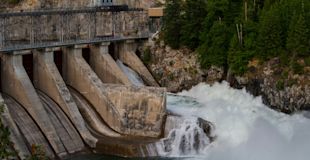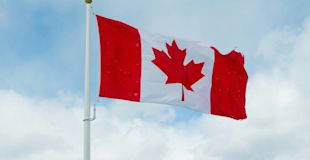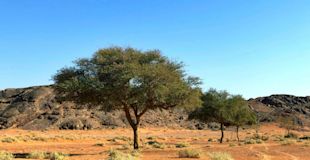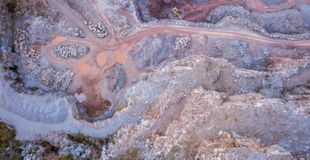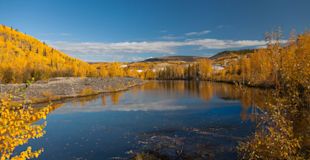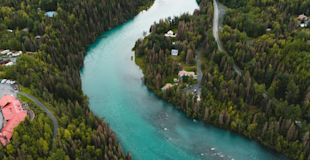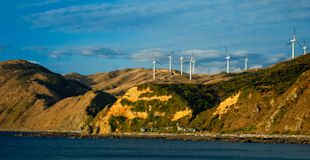Energy Transfer Partners Case Study
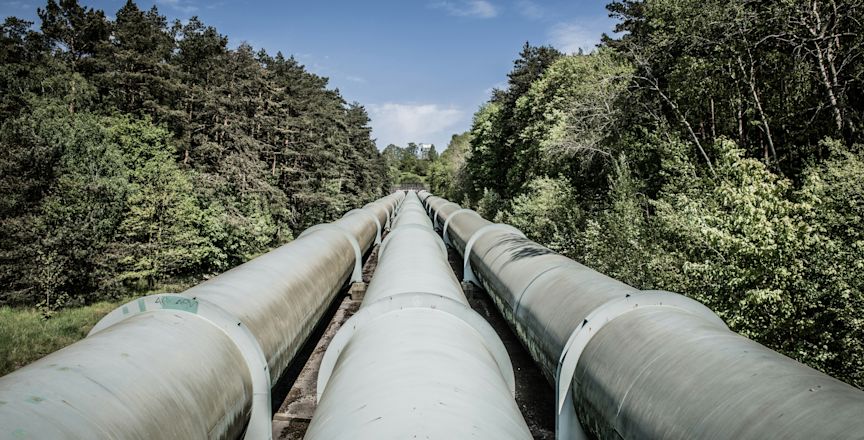
Overview of the Dakota Access Pipeline
Energy Transfer Partners (ETP) is the developer and owner of the Dakota Access Pipeline (DAPL), a controversial 1,172-mile oil pipeline project that transports crude oil from the Bakken oil fields in North Dakota to Illinois. This multistate pipeline transports about 5% of the United States’ daily oil production and started transporting oil in mid-2017.
Standing Rock Sioux Opposition and Protests
The Standing Rock Sioux Tribe opposes the pipeline, arguing it would threaten their water supply, sacred cultural sites and violate the Fort Laramie Treaty, first signed in 1851. The Standing Rock protests, known as #NoDAPL, were a series of Native American protests against the construction of the DAPL that began in April 2016 near the Standing Rock Indian Reservation. The protests drew thousands of supporters and gained international attention.
The Standing Rock Sioux Tribe’s fight against the DAPL on their territory demonstrates how reputational risk intersects with political, legal and operational risks, and how it can erode the ‘social license to operate.’ While the protests started near the pipeline construction site at Lake Oahe, they grew considerably and culminated in acts of violence and brutality against Indigenous Peoples and their supporters by security forces and police.
Financial Costs and Shareholder Response
A 2018 analysis by First Peoples Worldwide found that, though initially estimated to cost $3.8 billion, the pipeline cost more than $12 billion by the time it was operational in June 2017; this $8.2 billion loss resulted from the long delays in construction due to social unrest and legal filings. ETP’s stock price significantly underperformed relative to market expectations, and it experienced a long-term decline in value that continued after the project’s completion. From August 2016 to September 2018, its stock declined by almost 20 percent, while the S&P 500 increased by nearly 35 percent.
Not only did the Standing Rock Sioux Tribe’s opposition generate multiple operational, legal and reputational risks to ETP and the DAPL project, but they successfully activated a shareholder-advocacy campaign targeting the financial institutions providing funding for the pipeline’s construction. Several European banks pulled their financial commitments from the pipeline.
Legal Challenges and Destruction of Sacred Sites
As early as 2014, the tribe wanted the proposed pipeline to be rerouted away from their territory, and in 2016, they filed a legal case against the US Army Corps of Engineers, to which Dakota Access, LLC (a subsidiary of ETP) soon joined as an intervenor-defendant. The tribe simultaneously launched media campaigns showing how the pipeline violated their rights.
Despite both the pending litigation and communications showing their opposition, ETP continued construction and, in the process, decimated ancestral burial sites and objects with cultural and spiritual value for the Standing Rock Sioux and tribes across the Great Plains. Indigenous Peoples and allies from around the world gathered in Standing Rock to protest pipeline construction. At one point, nearly 15,000 people were present at Standing Rock as part of the #NoDAPL movement, and millions more were following closely on social media and in the press. The company and local security forces’ response to the protests led to arrests and resulted in additional human rights violations.
Court Rulings and Ongoing Legal Uncertainty
Despite efforts by the tribe and allied investors, oil began flowing through the pipeline in June 2017. However, the pipeline’s legal and operational uncertainty continued. In July 2020, US District Court Judge James E. Boasberg ordered that the pipeline be shut down so that the federal government could complete a new and more comprehensive environmental impact analysis. The court relied heavily on statements from the tribe showing that the bare minimum review that occurred failed to consult the tribe and was therefore insufficient. This ruling set an important precedent showing that consultation is a non-negotiable aspect of risk assessment and environmental analysis to mitigate legal, reputational, and social risks.
In February 2022, the US Supreme Court denied ETPs’ appeal of the legal case. While the tribe and others applauded this decision, oil is still flowing through the pipeline under Lake Oahe, and no definitive emergency response policy is in place should a spill occur—a fact that underscores potential additional operational risks more than five years after the pipeline’s completion. The justices left in place a lower court’s decision that ordered the federal government to undertake a more intensive environmental study of the pipeline’s route under Lake Oahe. The pipeline continues to operate as the review is being carried out.
As of March 2025, a North Dakota jury found that environmental group, Greenpeace, must pay more than $660 million in damages for defamation and other claims for the 2016-2017 Standing Rock protests. Greenpeace says that this large award to Energy Transfer Partners threatens to bankrupt the organization and is meant to destroy the right to peaceful protest. As of July 2025, Greenpeace has counter-sued the company in the Netherlands, which it claims is the first filed under a European Union directive meant to prevent organizations from weaponizing the courts to silence speech they don’t like.
Crédit Suisse and Society of Threatened Peoples, Switzerland (Dakota Access Pipeline)
In a related case linked to DAPL, this is an example of a non-judicial grievance mechanism showing the steps that a bank took to improve its financing due diligence. In April 2017, the Society for Threatened Peoples (STP) submitted a specific instance with the Swiss National Contact Point (NCP) under the OECD Guidelines concerning Crédit Suisse’s business relationship with companies involved in the construction of the Dakota Access Pipeline.
Between July 2018 and May 2019, five mediation meetings took place in Berne involving representatives from the NGO, company, a representative of the NCP, and the independent mediator. In September 2019, the parties reached an agreement on several substantial points and agreed to disclose the results of their discussions. According to the agreement, Crédit Suisse agreed to include the concept of Free Prior Informed Consent (FPIC) in its internal sector specific policies for Oil & Gas, Mining and Forestry & Agribusiness.
